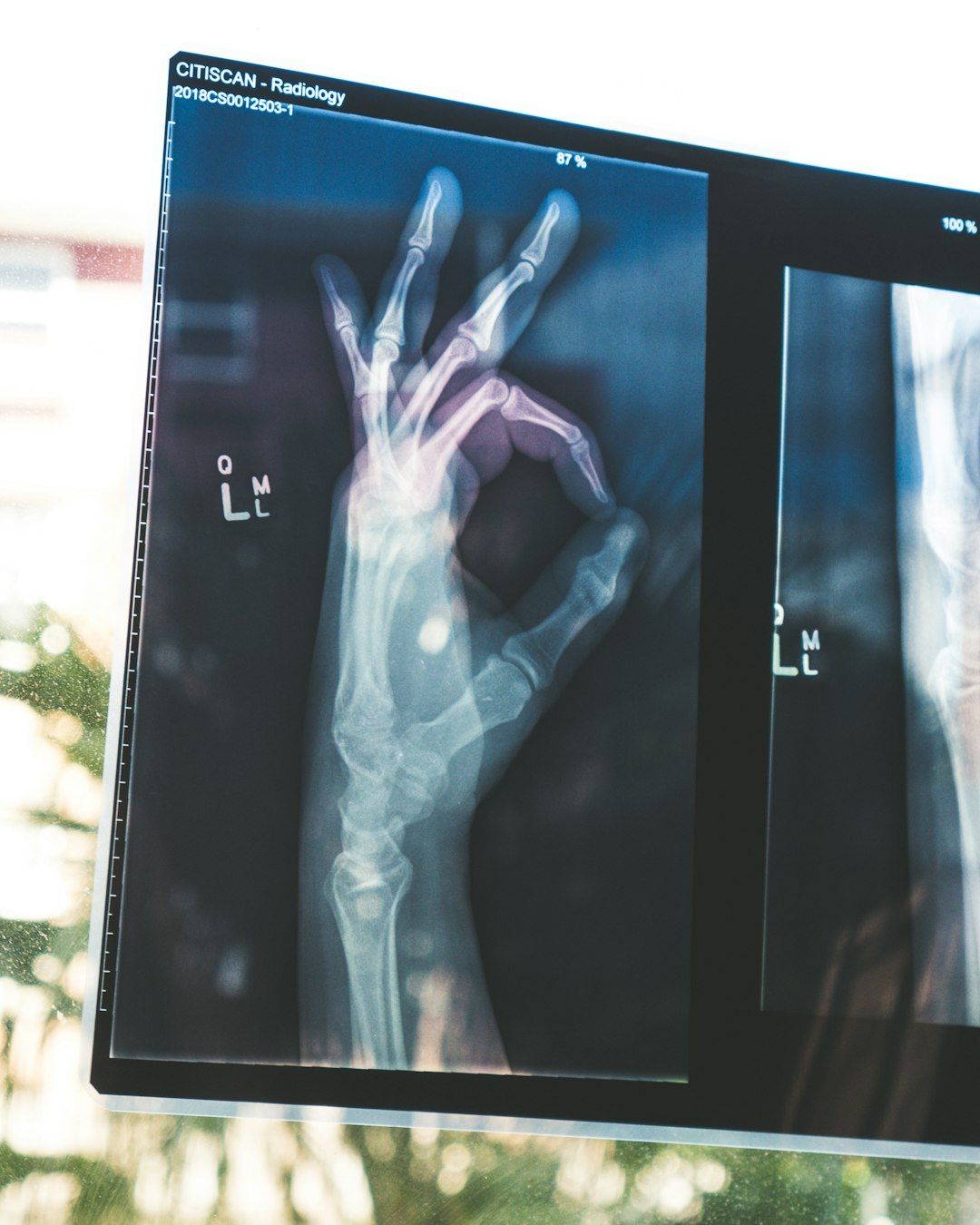
Embarking on the journey to become a Certified Medical Assistant (CMA) signifies a commitment to excellence in the healthcare field. As medical environments evolve, the role of a CMA remains pivotal, blending clinical proficiency with administrative skills to support patient care effectively. This guide is designed to navigate you through the intricate process of becoming a CMA, from understanding the basic prerequisites to preparing for and passing the CMA exam administered by the American Association of Medical Assistants (AAMA). Whether you are just starting your career path or looking to enhance your qualifications in the medical field, this guide provides essential insights into the exam structure, study strategies, and what to expect on your testing day.
Certified Medical Assistants are integral to the seamless operation of healthcare facilities, performing a variety of duties that bridge the gap between patient care and administrative functions. Their responsibilities can range from recording patient histories and vital signs to managing appointment schedules and preparing examination rooms. A profound understanding of these roles not only helps in practical on-job scenarios but also lays a foundational knowledge crucial for tackling the CMA examination. This section will delve into the typical day-to-day tasks of a CMA, providing a clear picture of what it takes to thrive in this dynamic profession. Additionally, it outlines the educational pathways and eligibility criteria needed to qualify for the CMA certification, setting prospective medical assistants on a clear track toward achieving their career goals.

Understanding the structure and function of the human body is crucial for a medical assistant. This section covers:
Medical terminology is the language used in healthcare settings. Topics include:
This practical component prepares students to assist in patient care. Key skills include:
Knowledge of medications and their administration is essential. This includes:
Focusing on direct patient interactions and care practices. It encompasses:
Understanding the legal responsibilities and ethical standards in medical practice. Topics cover:
Essential for the efficient operation of a medical office. Skills taught include:
This detailed breakdown ensures that CMA candidates are well-prepared for both the practical tasks and theoretical knowledge required in their roles as medical assistants.

The Certified Medical Assistant (CMA) exam is structured into four 40-minute segments. The total duration of the exam is approximately 160 minutes, excluding optional breaks between segments. The exam comprises 200 multiple-choice questions, out of which 20 are unscored pilot questions used for future test improvements.
The CMA exam primarily features multiple-choice questions designed to assess a candidate's knowledge and skills in medical assisting. These questions are divided into three main content areas:
Candidates must complete the exam within the allotted time of 160 minutes. The structured breaks between segments allow candidates to refresh without affecting the examination time.
To pass the CMA exam, candidates need to achieve a minimum score of 405 out of a possible range of 200-800. The scoring system ensures that only those who have sufficiently mastered the material are certified.
Candidates who do not pass the CMA exam on their first attempt have the opportunity to retake it. However, they must wait for a mandatory period before reapplying. The specifics of this waiting period and the number of allowable retakes can be found in the guidelines provided by the American Association of Medical Assistants (AAMA).
Before beginning your study plan, familiarize yourself with the layout and scope of the CMA exam. The test is divided into three main sections: clinical competency, general, and administrative skills, with a total of 180 scored questions and 20 pre-test questions. Understanding the distribution of these questions and the topics they cover is crucial for effective preparation.
Participating in a review course offered by the American Association of Medical Assistants (AAMA) or other reputable organizations can significantly enhance your readiness for the exam. These courses often include comprehensive study materials, practice tests, and can provide insights into areas where you may need additional focus.
Taking regular practice tests is essential to gauge your preparedness. These tests help you familiarize yourself with the format of the exam, identify your strengths and weaknesses, and improve your time management skills. Utilize both the paid practice exams provided by the AAMA and any free resources available online.
Focus on mastering both clinical and administrative duties that are critical for a medical assistant. Key areas typically include patient care, medical laws and ethics, pharmacology, medical terminology, and recordkeeping. Use reliable textbooks and online resources to deepen your knowledge in these areas.
Organize your study time effectively by creating a detailed schedule. Allocate more time to topics that are challenging for you, and ensure you have enough time for revision before the exam date. Consistency in your study routine can greatly improve your retention and confidence.
Flashcards can be an excellent tool for memorizing medical terms, procedures, and other detailed information crucial for the exam. Websites like Quizlet offer ready-made flashcards that cover a wide range of topics relevant to the CMA exam.
Engaging with peers who are also preparing for the CMA exam can provide motivational support and additional insights. Study groups allow for knowledge exchange and can help clarify difficult concepts through discussion.
Ensure you understand all logistical aspects of the exam process, from registration deadlines to testing center protocols. Knowing these details beforehand can help minimize stress on the day of the test.
By comprehensively preparing through these steps, candidates can approach their Certified Medical Assistant exam with confidence knowing they have utilized a broad range of resources to ensure thorough readiness.

Practicing exam questions allows candidates to become familiar with the structure and format of the CMA (AAMA) Certification Exam. Understanding the types of questions asked and the way they are presented helps reduce test anxiety and enhances overall test performance.
The CMA exam consists of 200 multiple-choice questions divided into four 40-minute segments. Regular practice with timed exams helps candidates manage their time effectively, ensuring they can complete each section within the allotted time.
By routinely practicing exam questions, candidates can identify areas where their knowledge may be lacking. This insight enables focused study and review, specifically targeting weaker areas to improve understanding and retention.
Practicing exam questions helps refine test-taking strategies, such as question analysis, elimination of incorrect answers, and educated guessing. These skills are crucial for navigating more challenging questions and maximizing scoring opportunities.
Regular practice builds confidence by familiarizing candidates with the exam process and reducing uncertainties. Confidence can significantly impact a candidate’s performance, contributing to a calmer and more composed demeanor during the actual exam.
Practicing exam questions reinforces learning and aids in the retention of information. It transforms passive learning into active application, which is critical for long-term knowledge retention and practical application in a clinical setting.
When using practice exams that provide answers and explanations, candidates receive immediate feedback on their performance. This feedback is invaluable for correcting mistakes and understanding why certain answers are correct, which aids in educational growth and exam readiness.
Find exam practice questions on exammaker.ai at exammaker.ai.
The AAMA offers a variety of official practice materials. Their website includes sample questions and full practice exams designed to mirror the format and content of the actual CMA exam.
Many medical assistant programs provide their students with practice questions as part of their curriculum. Check with the educational institution where you completed or are completing your training.
Websites like exammaker.ai specialize in offering a comprehensive set of practice questions tailored to the CMA exam. These platforms often feature customizable quizzes that allow you to focus on specific areas of the exam.
Numerous educational websites offer free practice questions and quizzes. These can be a good supplementary resource, though the quality and relevancy can vary.
Companies like Mometrix and Kaplan publish up-to-date study guides for the CMA exam that include chapters of review material, practice questions, and test-taking strategies.
Digital versions of study guides are available for purchase or via subscription services. These often include interactive elements such as practice tests that simulate the actual exam environment.
Engage with peers on platforms like Reddit, where many users share resources and personal experiences related to the CMA exam preparation.
Check community boards or social media groups for local study sessions. Collaborating with others preparing for the exam can provide new insights and resources.
Many libraries offer access to test prep materials, including books and online portals that you can use for free. Librarians can also help guide you to the most useful study materials available.
By exploring these various resources, candidates can enhance their preparation for the CMA certification exam through comprehensive practice using diverse types of questions and formats.

The Certified Medical Assistant (CMA) exam is a comprehensive test that requires thorough preparation. It consists of 200 multiple-choice questions, divided into four 40-minute segments. Recognizing the format and time allocation is crucial for effective exam preparation.
Arrive at least 30 minutes before your scheduled test time to avoid any last-minute stress and ensure you go through all check-in procedures calmly.
During the exam, keep a steady pace and stay calm. Utilize allowed breaks to stretch and relax briefly before continuing with the next segment.

Which of the following is not a method of sterilization commonly used in a medical office?
A patient presents with symptoms of tachycardia, sweating, and unexplained weight loss. Which condition should the medical assistant suspect?
HIPAA privacy rules require that covered entities must:
When coding for a surgical procedure, what does the suffix '-ectomy' imply?
If a medical assistant receives a subpoena for medical records, what is the appropriate next step?
These questions are designed to mirror the style and scope of those found on the actual CMA exam, providing effective preparation for potential test-takers.
To fulfill the 8-hour CE requirement for CMA certificate renewal, you can explore various options. These include enrolling in classes from approved medication aide training programs, participating in employer-provided training, or attending CE seminars focused on medication administration within the CMA role. Additionally, web-based presentations that are led by nurses and relevant to the CMA role may also be considered acceptable.
CMAs are authorized to administer only those medications listed in their scope of duties as outlined in Division 63 of the Nurse Practice Act. This includes specific routes and types of medications. It is imperative for CMAs to decline the administration of any medications not included in their authorized duties.
It is possible for a CMA to administer medications via a newly inserted jejunostomy tube if this route is included in their authorized duties under Division 63. However, CMAs should proceed only under direct nurse supervision and ensure they possess the necessary skills for this task. Consulting with a supervising nurse is advised if there is any uncertainty.
In Oregon, the abbreviation CMA refers specifically to certified medication aides and not certified medical assistants, who are unregulated personnel working under physician direction in outpatient settings. Medical assistants seeking national certification might obtain credentials such as CCMA or CMA (AAMA), distinguishing them based on the national certification exams available.
Issues related to scheduling and overtime are generally managed by Human Resources within healthcare facilities and are not regulated by nursing boards. However, if overtime or scheduling policies implemented by a licensed nurse compromise patient safety, it may be reported to the Board of Nursing.
While BLS and First Aid training are not mandatory for CMA certificate renewal, they may be required by specific practice settings or job descriptions within an organization.
The number of clients or residents assigned to a single CMA can vary and might be regulated under facility licensing rules. Issues concerning staffing and scheduling that impact patient safety can be addressed by reporting them to the Board of Nursing.
Pre-pouring medications is not specifically addressed in Division 63 authorized duties. CMAs need to adhere to facility policies regarding medication preparation, including pre-pouring, while being aware of safety concerns related to handling medications outside their original labeled containers.